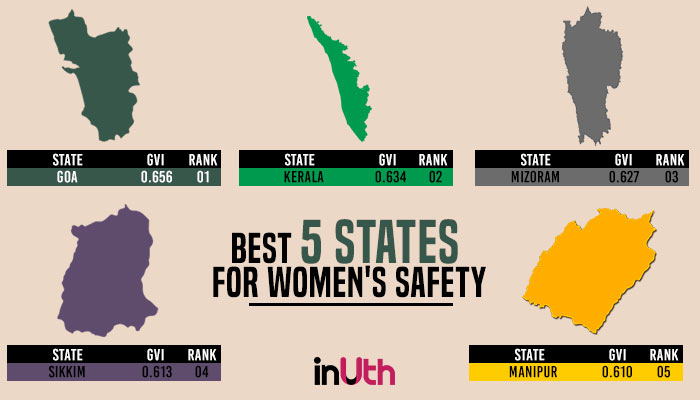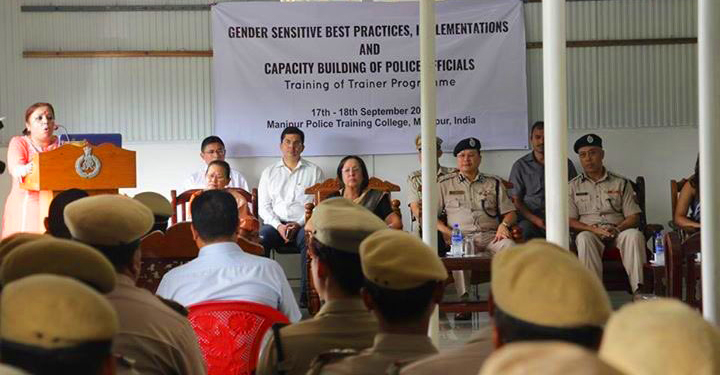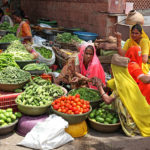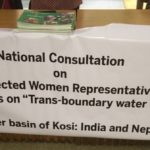An organization named Plan International recently published ‘Gender Vulnerability Index Report (Volume 1) – Plan for Every Child’. The organization has assessed gender vulnerability through prevalence of poverty, illiteracy, health and survival challenges, cultural, social practices, (lack of) safety and protection in the context of urban and rural vulnerability, policy framework and implementation. The amazing quality about the report is that it does not make blanket statements about gender vulnerability or protection. Every state has reported strong and weak areas that would help policy makers and state level stakeholders to take action in strengthening the systems. As per the average state wise ratings of the report, Goa is the least vulnerable state and Bihar is the most vulnerable. Chhattisgarh has been rated in the mid range of vulnerability.


For Education, Himachal Pradesh has been rated the best for gender inclusion and Delhi has been rated as the worst. Gujarat has been rated in the mid range. For Health, Kerala has been rated as the best, Bihar as the worst and Himachal Pradesh in the mid range. For Poverty, Manipur has been rated as the best for involvement of women in economic progress, Bihar has been rated as the worst and Himachal Pradesh is in the mid range. For protection against human rights violation, Goa has been rated as the best, Uttar Pradesh is the worst and Assam is in the mid range.
The report is based on secondary research data collection and the sources were Census 2011, National Family Health Survey IV, Health Management Information System, District Information for School Education, Rapid Survey on Children, Annual Economic Survey, Annual Survey on Education report and National Achievement Survey. The indicators for the research were India Child Rights Index, Digital Gender Atlas for Girls’ Education in India, Women Empowerment Index, Health Outcomes Index, School Education Quality Index, Gender Parity Index, Gender Inequality Index, Human Development Index and Multi-Dimensional Poverty Index. The research was carried out independent of other organizations (private and government) and analyzed gender well-being based on education, health and survival, poverty and protection as overarching headers.


Keeping in mind, the gender vulnerability aspect, the Centre for Social Research in association with the Hanns Seidel Foundation (HSF) initiated the Safe Cities Project. As part of the project, CSR undertook trainings of the Police Officials in the states of Karnataka, Jammu & Kashmir, Manipur and Pondicherry. The gender sensitization training seeks to understand the problems faced or pre-empted by the police officials (communication and outreach given the legal complexities) and optimization of limited legal resources to sensitively handle survivors and their cases. From the perspective of survivors, the training would undertake dialogue on non-reporting of crimes by the survivor or the survivor withdrawing legal statements in registered cases / crimes. Prima facie, there might be a possibility that the survivor and the victim find themselves lacking alternatives for better ways to acquire justice. This possibility not only has to be investigated but also rectified. It is with the intention to ensure stakeholder collaboration and improve response mechanism that CSR is working with the legal enforcement agencies and various stakeholders at the state level to make cities and states safer for all the citizens.




